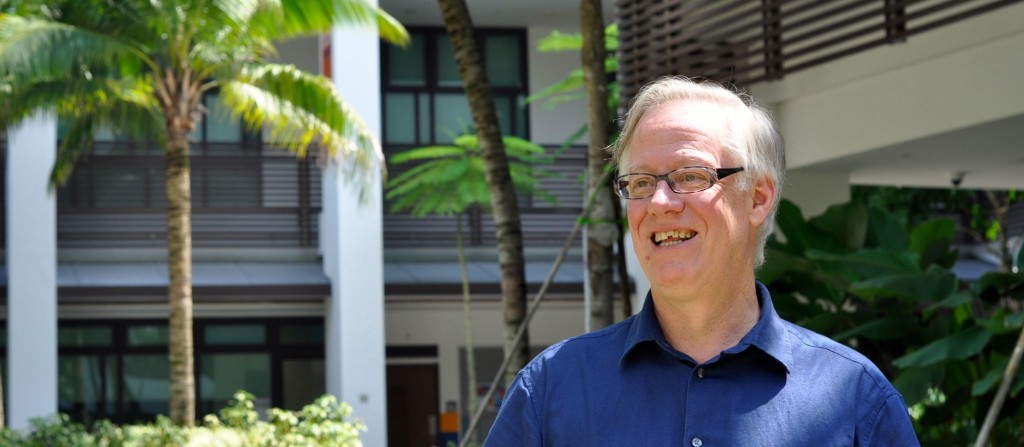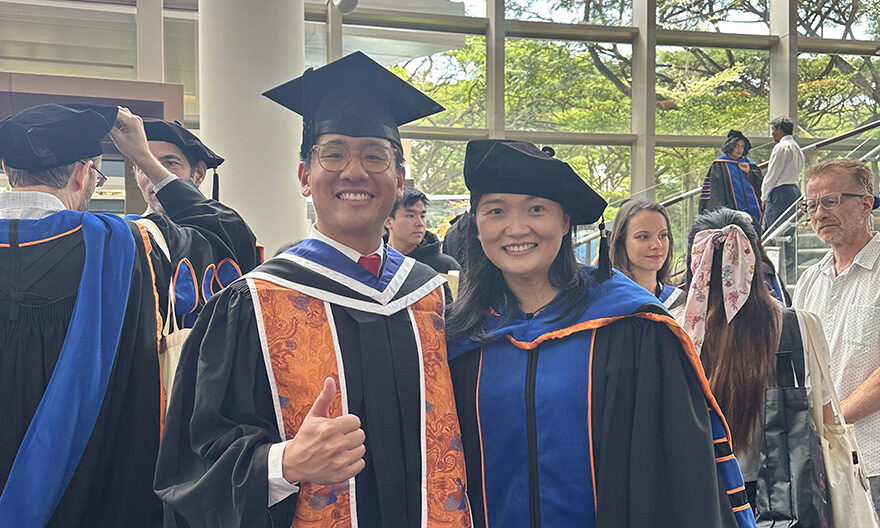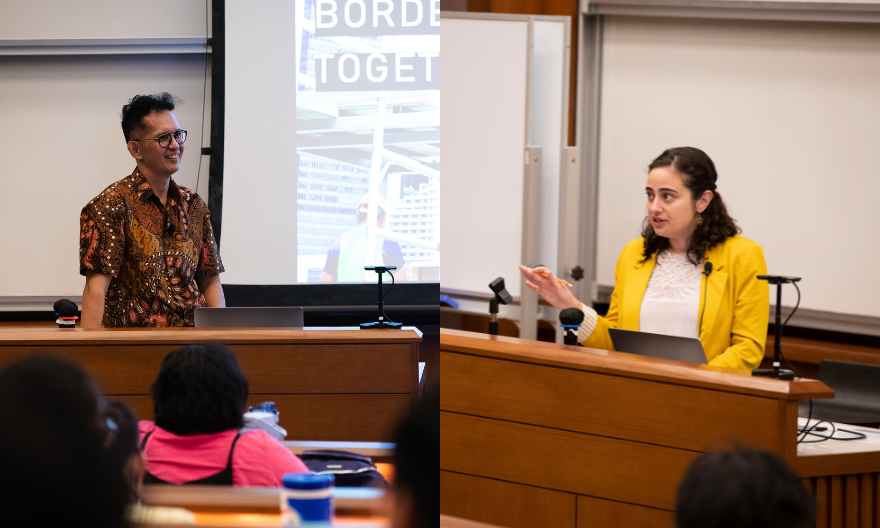Teaching for Turbulence

Reduce, reuse and recycle, choose energy efficient light bulbs, or cycle to work to reduce your carbon footprint – these are but some of the many things we are taught to help create a sustainable environment. However, according to Yale-NUS Professor Michael Maniates, “if we sum up the easy, cost-effective, eco-efficiency measures we should all embrace, the best we get is a slowing of the growth of environmental change”.
Professor Maniates was recently published in the annual publication State of the World 2013: Is Sustainability still Possible? by Worldwatch Institute, a leading sustainable development research organization. In his chapter “Teaching for Turbulence”, Professor Maniates shares that small changes tend to be ineffective in addressing our environmental problems, and calls for a refocusing at Environmental Studies and Science (ESS) to bring about “meaningful changes in the structure of industrial and everyday life commensurate with the environmental threats before us”.
Professor Maniates, a scholar of ESS programs and award-winning professor in the field for almost three decades, has researched extensively to find out why there has been little change to corporate decision-making and public policies in spite of high levels of public concern for the environment. He focuses on the theory of social change, which suggests that when everyone engages in small acts of eco-consumption, the collective consumer actions will put pressure on businesses and government to create change in favour of “environmental sustainability”. The persistence of this theory, which remains unsupported, has prevented environmentalists from being able to impact any significant change to create a sustainable environment; it has also drawn Professor Maniates to delve into undergraduate environmental studies.
In “Teaching for Turbulence”, he outlined that environmental programmes generally aid and abet this theory of social change, and overly encourage a faith in crisis as the prime driver of change. These assumptions about how social change occurs are inadvertently instilled in students by the very organisations of higher education that should be challenging these assumptions.
While more college students than ever completed environmentally oriented courses or graduated with degrees in ESS, Professor Maniates argues they are moulded for a world that no longer exists. “College students of today will graduate into a world singularly defined by turbulence. Now is the time to explore how current ESS programmes undermine student capacity to navigate a turbulent world – and to entertain new curricular features that foster nimbleness and wisdom in time of crisis,” noted Professor Maniates. “My aim… is to prod my fellow educators of undergraduate students to be more thoughtful, intentional, and responsible in their work with undergraduates around the question of how we change the world for the better.”
The research and conversation spawned by Professor Maniates’ research work will inform the Yale-NUS curriculum design work. He has spelt out directives for stronger ESS programmes, some of which will be implemented in Yale-NUS’ Environmental Studies major, for which Professor Maniates serves as Head of Studies. He also plans to expand his research on ESS curriculum in Asia with the assistance of Yale-NUS students.
Professor Maniates said, “We do not aim to teach students one way of thinking about how and why social change occurs. We do, however, very much want to equip them to think critically and creatively about how change does occur, and how such change can be directed toward widely desirable outcomes.”





